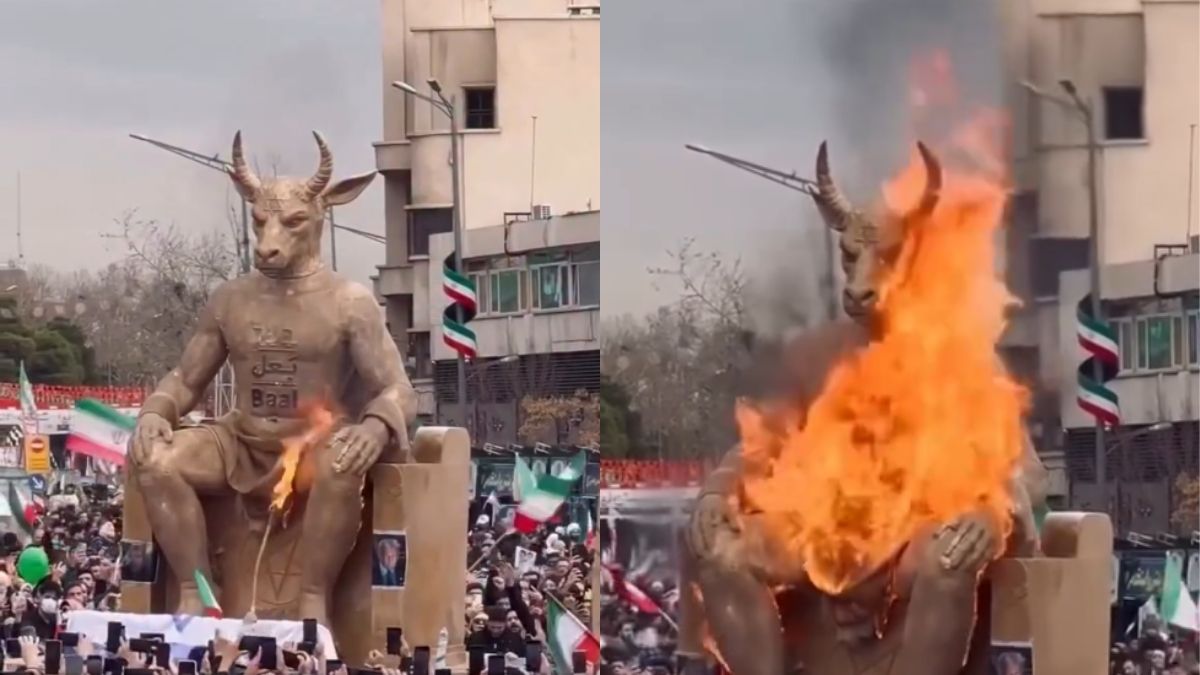Brazil hot-air balloon explosion kills eight in Santa Catarina tourist town
At least eight people were killed and 13 injured when a sightseeing hot-air balloon exploded and crashed near Praia Grande, Santa Catarina, on 21 June 2025. Authorities are investigating fuel leaks and equipment failure as possible causes.

- A tourist balloon exploded and crashed in Praia Grande, Santa Catarina, on 21 June 2025, killing eight and injuring 13.
- Investigators believe leaking propane ignited a backup blowtorch, causing the fire.
- Authorities have opened inquiries; the operator has suspended flights and offered aid to victims’ families.
A sightseeing hot-air balloon carrying tourists exploded in mid-air and crashed near the coastal town of Praia Grande in southern Brazil’s Santa Catarina state on 21 June 2025.
Governor Jorginho Mello confirmed that eight people died and 13 others were injured. Emergency teams recovered the bodies and transported survivors to local hospitals.
Flames and desperate escape
Videos taken by residents showed the balloon’s canopy engulfed in flames as it drifted above farmland. The basket soon detached, plunging several dozen metres as passengers attempted to jump to safety.
Investigators said a backup blowtorch stored in the basket likely ignited leaking propane, triggering a flash fire that rapidly spread to the balloon’s fabric.
The pilot initiated an emergency descent and reportedly instructed passengers to jump as the balloon neared the ground.
Casualties and survivors
Four victims burned to death in the basket, while four others died from injuries after leaping. When several passengers jumped, the balloon rose again, reignited, and then slammed into a field.
Thirteen survivors, including the pilot, were treated across three hospitals. Our Lady of Fatima Hospital reported three patients in stable condition with burns and fractures, while two were discharged later that day. Eight remained under observation.
National response
President Luiz Inácio Lula da Silva extended condolences to victims’ families and pledged federal support for the investigation. “All agencies will spare no effort to clarify the causes of the tragedy,” he said.
The balloon, a Czech-built Kubíček BB85, was operated by Sobrevoar Serviços Turísticos, a Praia-based tourism company. It had passed an annual inspection in May and was fully insured. The operator has suspended flights and offered assistance to affected families.
Investigations underway
Brazil’s Civil Police and the National Civil Aviation Agency (ANAC) have opened separate inquiries. Specialists are examining flight logs, maintenance records and fuel samples.
Authorities expect preliminary findings within 30 days, with a final report likely to take several months.
Victims identified
Six of the eight victims have been identified: doctors Leise Herrmann Parizotto and Andrei Gabriel de Melo, civil servant Leane Herrmann, figure-skating coach Leandro Luzzi, and married couple Janaina and Everaldo da Rocha.
The identities of two others were withheld pending notification of relatives.
Community impact
Praia Grande is known as “the Brazilian Cappadocia” for its canyon landscapes and hot-air balloon tourism. Up to 30 launches a day take place during June festival season, making the activity central to the local economy.
Municipal tourism chief Paulo Machado warned the crash could devastate livelihoods, urging investigators to publish transparent findings quickly to restore visitor confidence.
Residents held a candle-lit vigil in the main square on 21 June, with counsellors and social workers offering support to grieving families.
Recent accidents
The crash was Brazil’s second fatal balloon incident in a week. On 16 June, an unauthorised balloon struck power lines in São Paulo state, killing one person and injuring 11.
The two accidents have intensified calls for tighter oversight of lighter-than-air tourism.
Balloon safety worldwide
While hot-air balloon accidents are statistically rare, they often result in multiple fatalities. Major disasters in Egypt, the United States, and Mexico over the past decade have underscored the need for redundant safety systems and stringent crew training.
Brazilian regulators are expected to review national safety protocols in light of Saturday’s tragedy.







